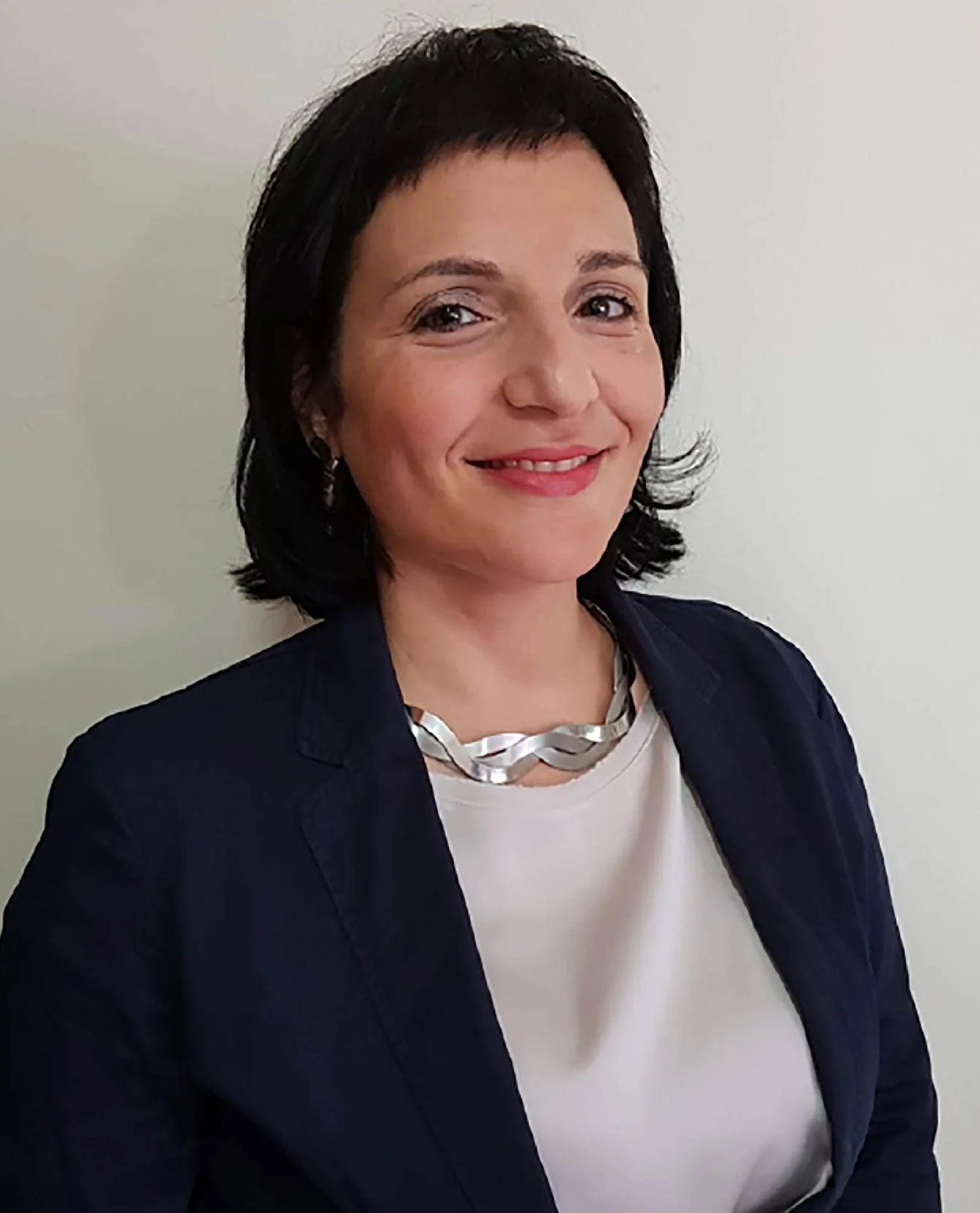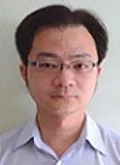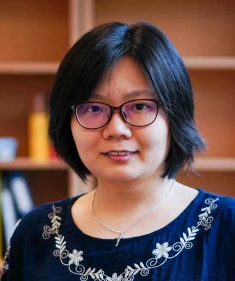Physics Talks
About the Talk
In this talk we will explore the exciting the world of solar cells, or photovoltaic (PV) devices, and discover how they harness sunlight to generate electricity. You'll uncover the magic of the photovoltaic effect—the core science that powers this incredible technology. We'll explore various materials that make up solar cells and learn how they play a crucial role in the device’s performance. We'll also examine the key factors that determine how efficiently these devices can operate. We will also understand the working principle of solar cells and also be up-to-date with the cutting-edge research that's pushing the boundaries of this technology. Finally, we will be discovering the amazing possibilities of solar technology and its real-world applications!

About the Speaker
Annalisa Bruno is an Associate Professor of Physics and Materials Science at the Nanyang Technological University. An expert in opto-electronic properties particularly in hybrid halide perovskite materials, she has recently focused on the development of highly efficient single junctions solar cells. She received her Bachelor of Science (B.Sc.), Master of Science (M.Sc.), and Doctor of Philosophy (Ph.D.) degrees in Physics at the University of Naples Federico II, Italy. Afterwards, she worked as a post-doctoral research associate at Imperial College London. She became a tenured Senior Scientist at ENEA (Italian National Agency for New Technologies, Energy and Sustainable Economic Development) and then she took on the role of Principal Scientist at the Energy Research Institute at NTU (ERI@N).
Currently, Annalisa holds a joint position at the Schools of Mathematical Physical Science (SPMS) and Material Science and Engineering (MSE) at Nanyang Technological University. She also serves as a visiting professor at Queen Mary University London.
About the Talk
Einstein's theory of General Relativity changes the perspective that gravity is not a force, but it is merely free motion on curved spacetime. The derivation leading to Einstein's equation in General Relativity is abstract and difficult. A solution to Einstein’s equation represents the curved spacetime geometry dictated by the given matter distribution. Once a solution to Einstein’s equation is obtained, secondary school calculus can be used to analyse many of the consequences of that curved spacetime. In this workshop, we will analyse some spacetime geometries using secondary school calculus. In particular, we will analyse a black hole geometry and derive the properties of the black hole.

About the Speaker
Leek Meng Lee is a senior lecturer in physics at the Nanyang Technological University. His research intersect condensed matter theory and high energy physics. He received his BSc, MSc and PhD in physics from the National University of Singapore.
About the Talk
What if we could recreate the power of the stars right here on Earth? Nuclear fusion — the same process that powers our Sun — holds the promise of providing nearly limitless, clean energy for future generations. Unlike fossil fuels, fusion produces no greenhouse gases and only minimal waste, making it one of the most exciting frontiers in science and energy today. In this talk, we’ll explore how fusion works, why it's so challenging to achieve on Earth, and how scientists around the world are collaborating on one of the most ambitious energy projects ever: the ITER (International Thermonuclear Experimental Reactor) in France.
About the Speaker
Kyungtak Lim is an Assistant Professor of Physics at the School of Physical and Mathematical Sciences (SPMS), and his main research focus is the theoretical and numerical modeling of plasma turbulence in fusion devices. He received a B.S. degree in Physics from Hanyang University, Korea, in 2015, an M.S. degree in Plasma Physics and Fusion (PPF) from Paris-Saclay University, France, in 2018, and a Ph.D. in Nuclear Fusion from Institut Jean Lamour (IJL), University of Lorraine, France, in 2021.

Before joining NTU in 2021, he worked as a Postdoctoral Research Fellow in Swiss Plasma Center (SPC) at École polytechnique fédérale de Lausanne (EPFL), Switzerland. He was awarded the EUROfusion Bernard Bigot Researcher Grant (ERG) in 2024 as a promising young researcher in Europe and was selected for the Early Career Collection by the editorial board of Physics of Plasmas in 2023. He also serves as a reviewer for several leading journals in nuclear fusion.
About the Talk
Imagine having a mobile device that operates lightning-fast at your fingertips, uses barely any battery, and can handle computational problems that would take today's computers days to solve. That future might be closer than you think, thanks to revolutionary emerging technologies such as spintronics. Instead of relying on the flow of electrons (like a current), spintronics uses the spin of the electron itself, and offers some amazing advantages – faster processing, less power consumption, and new computing possibilities!
This talk will explore the exciting world of spintronics in a way that's easy to understand. We'll delve into the basics, discuss the potential benefits, and explore the exciting research that's paving the way for a future where computers are powered by spin!

About the Speaker
Gerard Joseph Lim is a lecturer in physics at the Nanyang Technological University with keen research interest in spintronics. He received his BSc and PhD in Physics from Nanyang Technological University.
About the Talk
Quantum thermodynamics is an emerging field that addresses the exchange of energy and entropy between quantum systems. Such effects become increasingly significant as our systems of interest become increasingly small, and therefore depart from the thermodynamic limit. In this talk, I give an overview of how we theoretically approach quantum thermodynamics, inspired by the success of such an approach used originally to characterise entanglement.

About the Speaker
Nelly Ng is Nanyang Assistant Professor of Physics at the Nanyang Technological University. Her research intersects quantum information, thermodynamics, and nanoscale quantum systems. She received her B.Sc. (Hons) from Nanyang Technological University, and a PhD in physics from Delft University of Technology.
